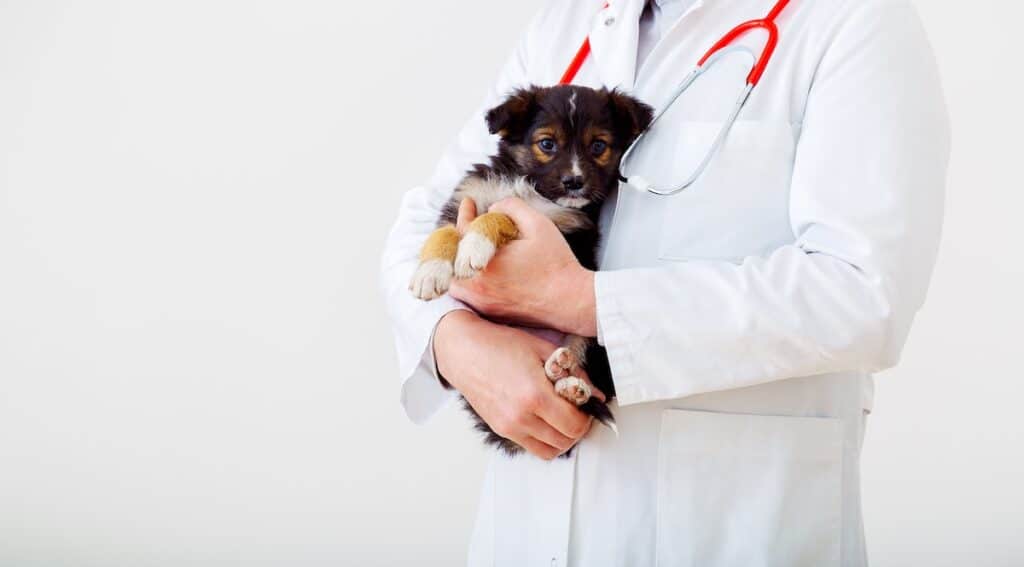Staying Social During The Mystery Dog Respiratory Illness
The new mystery dog respiratory illness is getting a lot of attention in the news. We wanted to address your concerns as it could affect your dog’s training and future behavior. Although there have been a lot of scary headlines, a quick informal survey of boarding and training centers in the Denver area has not shown an uptick in respiratory ailments in dogs attending these programs.
In fact, we have not had a single develop the illness. We continue to take this seriously and keep our facility as safe as possible.
The extra safety measures that we take include:
- Keeping training groups small
- Increasing our cleaning and disinfecting protocols
- Checking our air quality regularly
- Requiring all dogs to be up to date on their vaccines, including Bordetella and Canine Influenza
- Removing all communal water bowls
- Have a plan in place to quarantine and send home any dog that develops symptoms
Weighing Risks and Benefits
Despite this new virus, it’s important to remember that many more pups, nearly 30%, are put to sleep each year due to behavior problems, most notably aggression. We would all love to keep all our loved ones safe all the time, but sometimes, we have to weigh the risk/benefit ratio.
There is some risk of disease transmission when young dogs are exposed to the world, especially if they are not fully vaccinated yet. But if you put off your pup’s training until this passes, you may miss the key opening of your dog’s socialization window. Generally speaking, that window is until 16 weeks of age, but we see benefits up to one year. Socialization and early training are proven ways to prevent your pup from developing behavior problems later in life.
Keeping Your Dog Safe
Your dog’s health is important, and keeping your best friend safe is a top priority. The best way to protect your pup is to ensure they are current on their vaccines. By bolstering their immune system against known viruses, you help keep them healthy enough to fight off unknown viruses. It’s also important to avoid crowded and unsanitary dog parks where you don’t know if the other owners have vaccinated their dogs.
Think back to the early stages of COVID and how you handled socialization. Public places like airports or grocery stores were scary because you couldn’t control whether or not the other people were vaccinated. Social gatherings among friends and family were less stressful because you trusted them to take proper safety precautions. And these gatherings were only after months of quarantine. Can you remember the cabin fever and restlessness from staying inside?
It’s the same with our dogs.
When you shelter your dog at home, avoiding all contact with other dogs and training, you could set the stage for long-lasting problems. During the stay-at-home order of 2020, there was an influx of “COVID puppies” who missed out on early socialization experiences. These puppies had a tendency to grow into distrustful dogs that struggle with new people and unfamiliar situations.
In the end, your pet’s health is important, but their well-being goes beyond physical health. Please talk to your veterinarian about ways to cut the risks while taking advantage of this sensitive socialization period. The mysterious dog respiratory illness is concerning, but it’s important not to let it interfere with socializing your puppy. Responsible trainers are here to help.

